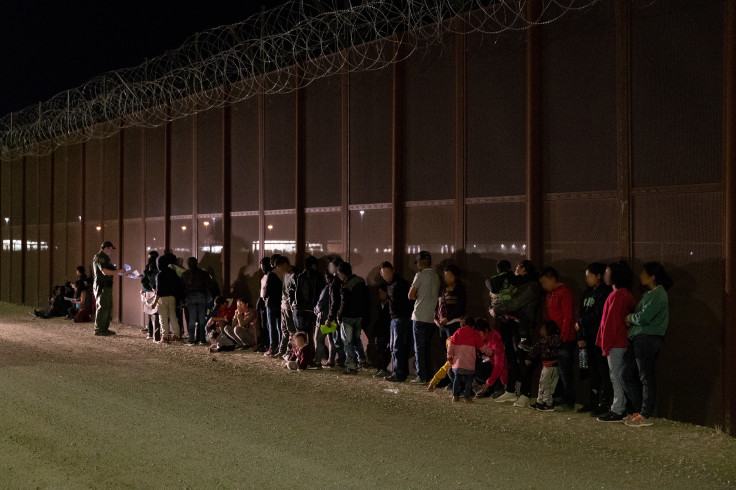
Senate Republicans are pushing for a stringent overhaul of the initial standards immigrants must meet when applying for asylum at the U.S.-Mexico border in exchange for supporting a broader, $106 billion package, sought by the Biden administration which includes aid for Israel and Taiwan.
The demand for changes to border policy has prompted bipartisan negotiations, with Senate Majority Leader Chuck Schumer acknowledging the necessity of compromise, the Wall Street Journal reported. Despite Democrats holding a slim 51-49 majority in the Upper House, any legislative advancement would require 60 votes in the Senate and clearance from the GOP-controlled House.
There is urgency to reach a deal before year-end, but Republicans claim that the proposed aid package to address border issues aims to accelerate the processing of migrants but lacks policy changes.
Republican negotiators, among them Sen. Thom Tillis and Sen. Tom Cotton, emphasize the need for substantial reforms to border policy in exchange for their support of the packagr, which includes additional military aid for Ukraine. The Biden administration's proposal, while addressing the processing speed, does not include policy alterations, according to Sen. Tillis, who argues that "funding by itself is not going to directly impact future flows."
The ongoing negotiations center around modifying the asylum system, a historically contentious issue in Congress. The influx of asylum seekers at the southern border, coupled with bipartisan support for Ukraine, has brought moderate Democrats to the table. Unlike previous compromises, Democrats in the bipartisan group haven't linked their support to legalization for undocumented immigrants, such as Dreamers.

Central to discussions is a proposed change to the initial asylum screening standard, aimed at streamlining the process by raising the bar for credible fear and requiring more evidence from migrants. The idea aligns with a broader Republican border proposal, which includes measures like continuing the construction of Trump's border wall and safe-third-country agreements, which would require asylum seekers to stay in Mexico for the duration of their immigration cases.
However, the viability of changing the asylum screening standard as a sufficient compromise remains uncertain. Liberal Democrats, opposed to alterations in existing asylum rules, could oppose the measure. Other considerations on the table include expanding mandatory detention and reintroducing a form of the "Remain in Mexico" policy.
Lawmakers and aides caution that reaching a bipartisan agreement won't be easy and that a deal must be reached by December to have a chance of passing. The evolving dynamics suggest a delicate balance between border policy changes and emergency aid for Ukraine, with the final outcome yet to be determined.
© 2025 Latin Times. All rights reserved. Do not reproduce without permission.





